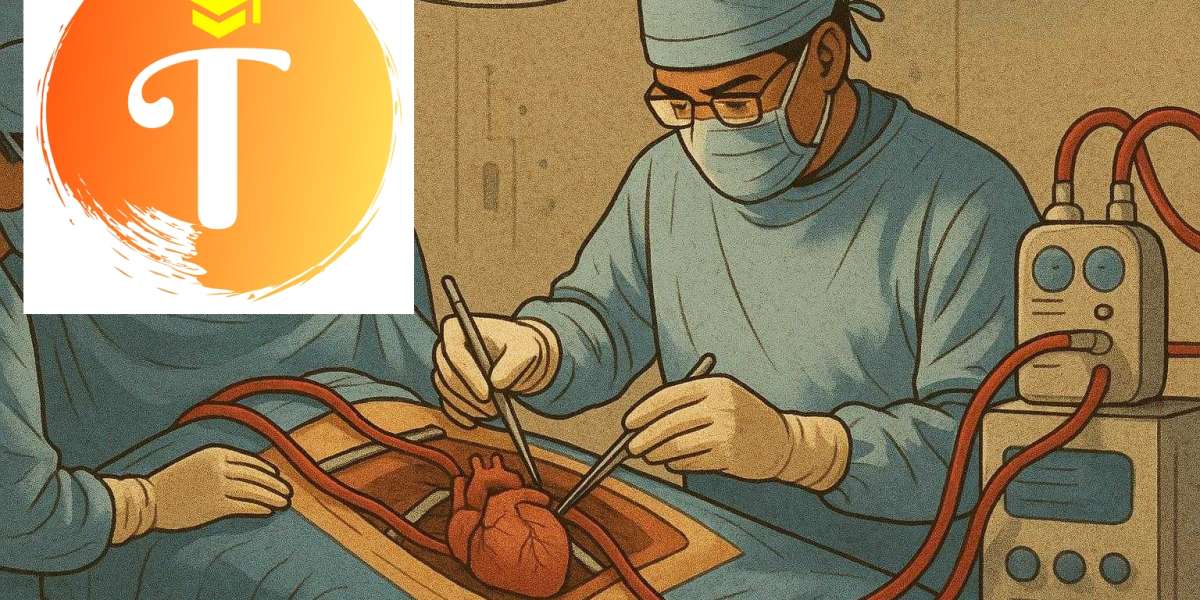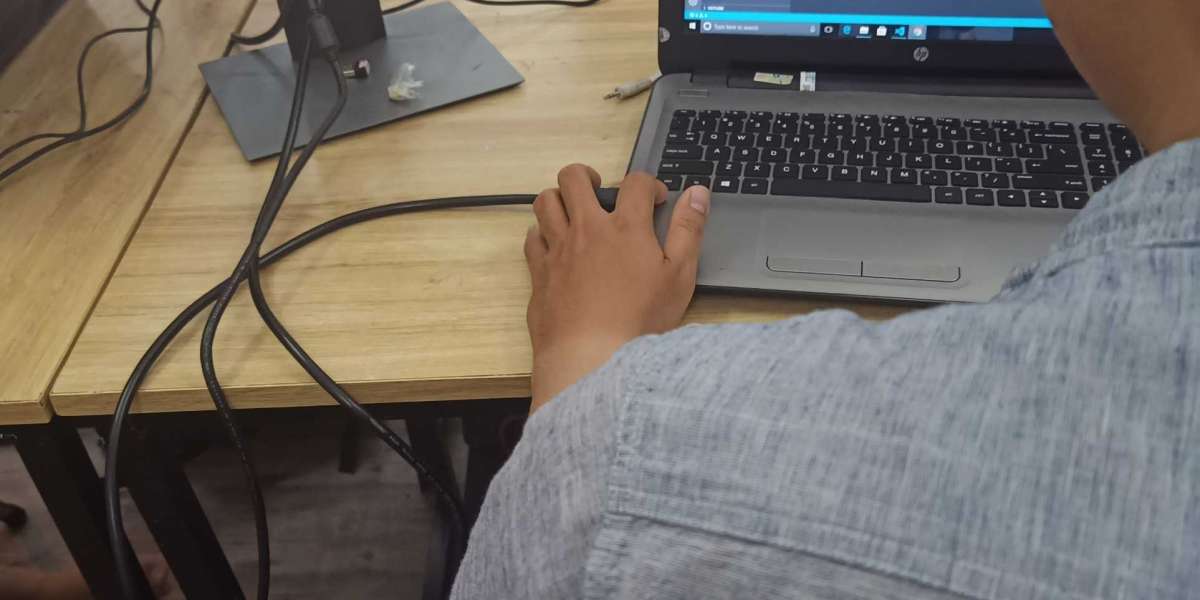While جراحة القلب المفتوح is a critical milestone in treating serious heart conditions, what happens after surgery is just as important. Long-term follow-up and ongoing care help ensure that patients stay healthy, prevent complications, and make the most of their recovery.
Our website is dedicated to educating patients about every stage of this journey — not just the operation, but life afterward.
Why Follow-Up Is Essential After جراحة القلب المفتوح
Monitor Healing: Doctors need to check how the chest wound and heart are healing post-operation.
Adjust Medications: Blood thinners, pain relievers, or heart medications may need to be changed based on progress.
Catch Early Warning Signs: Regular visits help detect arrhythmias, infections, or signs of fluid buildup early.
Track Heart Function: Echocardiograms, ECGs, and blood tests are often repeated to assess heart strength and valve function.
When Should You Follow Up?
Typically within 7–10 days after leaving the hospital
Every few weeks during the first 3 months
Every 3–6 months as recovery continues, or more often if needed
What to Discuss During Follow-Up Visits
Energy levels, appetite, and sleeping habits
Chest pain, shortness of breath, or swelling
Medication side effects
Emotional wellbeing and mental health
Questions about diet, activity, or returning to work
Support Between Visits
At our site, we help bridge the gap between appointments with simple, reliable information about nutrition, wound care, safe exercise, and managing emotions. We also explain what test results mean, and when to seek urgent care.
جراحة القلب المفتوح is not just about surviving surgery — it’s about thriving afterward. With proper follow-up and a focus on heart health, you can enjoy a strong, active, and fulfilling life.














